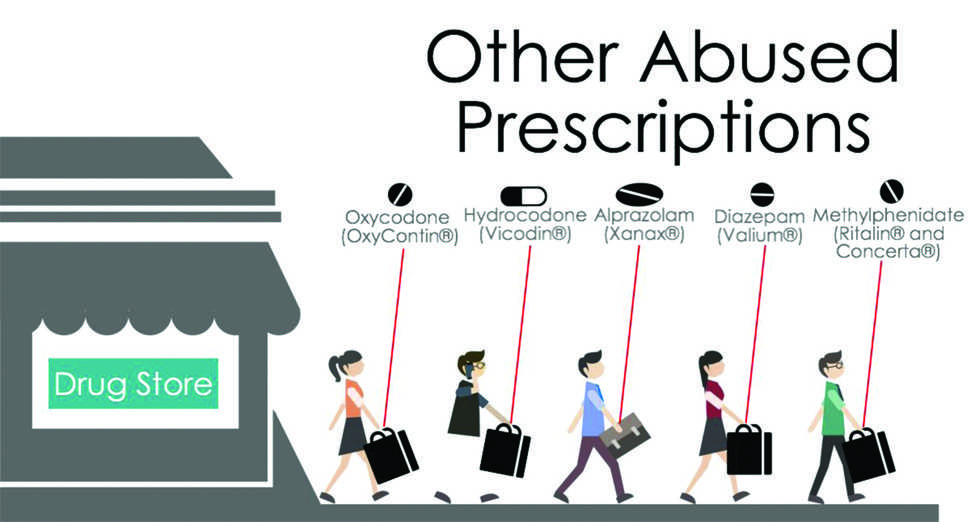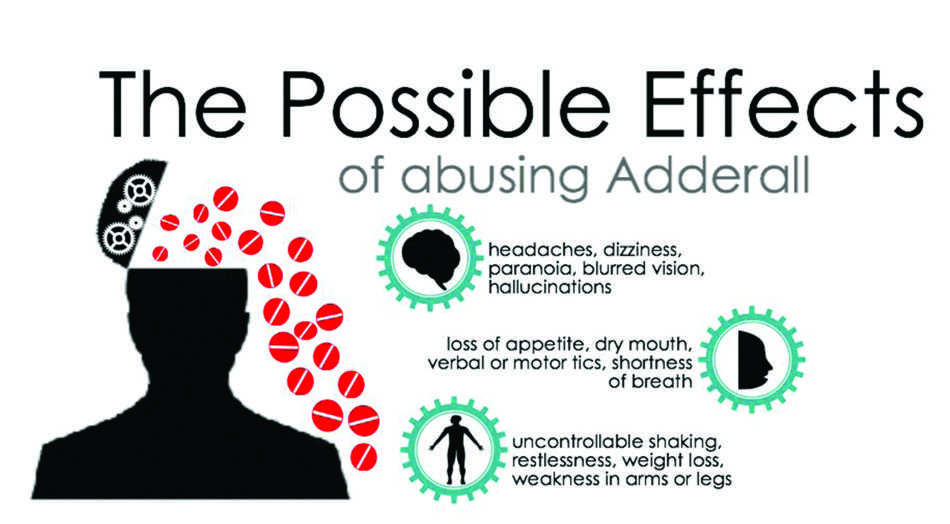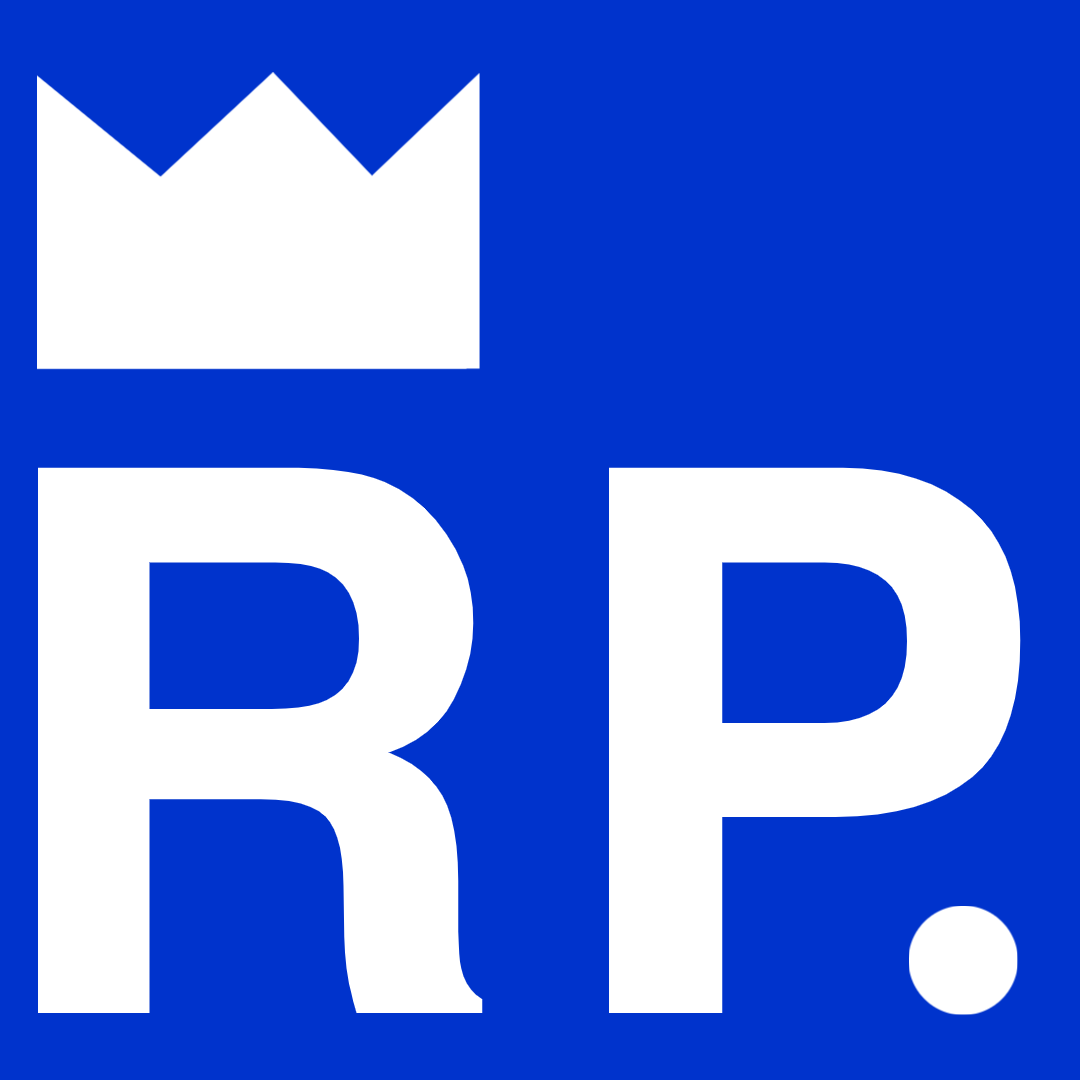Looking Inside the Medicine Cabinet
This center spread is a discussion on the abuse of prescription drugs and other medications. Recently, students are turning to Adderall in times of stress. Additionally, dependence on legal, over-the- counter drugs is more present than ever.
Apr 29, 2015
When it comes time to prepare for a test, students are told the formula: put down their phones, postpone their social plans, and start reviewing.
Some students who find this combination too difficult turn to Adderall for help. This was the case for a student who illegally consumed the drug and wishes to remain anonymous.

“I think the stress of junior year made me turn to taking Adderall. I tried other things, but I just didn’t have the discipline,” the consumer said. “It wasn’t necessarily a last resort, but more of an experiment.”
This so-called experiment has evolved into a social norm. Because Adderall has become such an accessible medication, some students disregard the dangers and illegality of the drug.
“In society, [Adderall] doesn’t really have a bad reputation compared to Xanax, so I think I still would have taken it even if I knew the effects. I think I would have been more cautious, but I don’t regret taking it,” the consumer said.
While the abusers appear unconcerned with the consequences of this medication, the suppliers also do not accept responsibility for their illegal behavior.
“For me, I did it for the money, and overall, I didn’t think it was that big of a deal,” said a student who made the decision to supply Adderall and also wishes to remain anonymous.
Ms. Bobbi Pointer, school nurse, and other HHS staff accept their role in this discussion and work to maintain a healthy environment for their students. Pointer explains that students are not allowed to carry around medication other than Tylenol, Ibuprofen, Epipens, and inhalers in order to keep people safe and prevent medication abuse.
“I will often be asked to identify a pill that has been taken off somebody that got caught doing something. Sometimes it’s Adderall, and sometimes it’s other things,” Pointer said.
When Adderall is brought to school for those students who are prescribed to it, Pointer must follow specific rules.
“When I get [Adderall], I have to count it and make sure that I have all of it. My records are very clear about how Adderall is used here at school,” Pointer said. “So I think [the school] takes it very seriously and doesn’t want our kids carrying or using stuff that is not theirs.”
Despite the prevention taught in HHS health classes and safety precautions taken by staff, students are still abusing the drug because they enjoy the short-term positive effects.
“When I used [Adderall], I was focused, I got all my missing work done, I was able to study and read, and I didn’t want to stop,” the consumer said. “When you take it, you don’t want to stop what you’re doing. You’re on a mission, and you’re going to get that mission done.”
Even though the consumer recognized a change in her behavior, she assumed the change was positive and natural.
“I honestly thought because it is a legal drug, nothing bad is going to happen. In my mind, I didn’t see it as a big deal because it is a positive thing that helps people focus,” the consumer said.
While some suppliers know that their prescription is for medical reasons, they believe the benefits can apply to anyone, regardless of their medical condition. The supplier’s prescribed Adderall was covered by insurance. He has illegally sold the drug twice, charging ten dollars each time.
“It’s not that I don’t care about the outcomes, but I know it makes your brain a lot more active, which helps a lot of people, so I sold it willingly,” the supplier said. “I didn’t even consider my values; I did it because I was helping a friend.”
Although Pointer gives the supplier’s claim some validity, she stresses the importance of using the drug appropriately.
“ADHD is the most overdiagnosed and the most underdiagnosed mental health disorder in the country,” Pointer said. “So, if Adderall is prescribed and is used appropriately it works very well. We also know that Adderall will help anybody perform better because it’s a stimulant.”
Still, experts caution agasint the illegal consumption of Adderall as it can cause headaches, excessive tiredness, shortness of breath, and seizures.
Eventually, the consumer made the decision to stop abusing Adderall. However, her desire for the drug still remains.
“After I stopped using [Adderall], I would think to myself, ‘I wish I had some Adderall to get this done.’ It was never a physical withdrawal, but more of a mental thing,” the consumer said.
The consumer’s experience in health class helped her become aware of her mental addiction.
“I learned in health that if you take it when you’re not prescribed to it, it can mess up your brain. I noticed that within myself because I would have thoughts about saving my money to get more Adderall,” the consumer said.
This problem extends beyond high school. According to an Addiction Center study of 1,800 college students, 81% of students interviewed thought illicit use of Adderall was “not dangerous at all” or “slightly dangerous.”
Because the consumer acknowledges Adderall as an accepted drug, she presumes that students do not judge each other for usage of it. However, when she discovered its legal reputation, she judged herself.
“When someone told me that if you’re caught selling it is considered a felony, I felt rebellious and a little guilty. I thought ‘wow, I basically just bought drugs illegally,’” the consumer said.
Socially Accepted Dependencies
Students are depending on other non-prescribed stimulants such as Tylenol, Advil, and caffeine to save time and stay efficient.
“We are such a time-pressurized society,” Pointer said. “Most of us can get rid of headaches by hydrating and resting. Do we have time to do that? Not always – and that’s the challenge, not only here at school, but for kids all over.”

Image created through Piktochart.
Because of time constraints, some students rely on painkillers when they have a headache.
Pointer believes that painkillers such as Advil and Tylenol are not necessarily bad, but there are other natural solutions to ending headaches, such as staying hydrated and eating healthy.
“You really have to look at your lifestyle and the choices you’re making as far as your sleep, as far as how much caffeine you’re drinking, as far as all of those things,” Pointer said.
Caffeine is another stimulant students like Josie Brott, senior, rely on to stay awake and participate in more activities.
“Every morning, I plan my wake up time around stopping for coffee,” Brott said. “At another part of the day, I grab coffee and often do it out of habit and boredom.”
For students, drinking caffeine to stay awake is not condemned. However, many people subconsciously turn to caffeine or painkillers because they are accessible and work quickly.
“If I don’t have coffee in the morning, I get a terrible headache by 11 a.m.,” Brott said. “But if I am in a bad mood or stressed, I believe good coffee will fix it.”

Pointer also believes too much caffeine is unhealthy.
“I think anytime we do something in excess, it’s probably not good for us,” Pointer said. “So my big thing about [drinking caffeine] is that it’s all about balance.”
All infographics were made on PiktoChart. Other sources include: Substance Abuse and Mental Health Services Administration and the National Institute on Drug Abuse.

